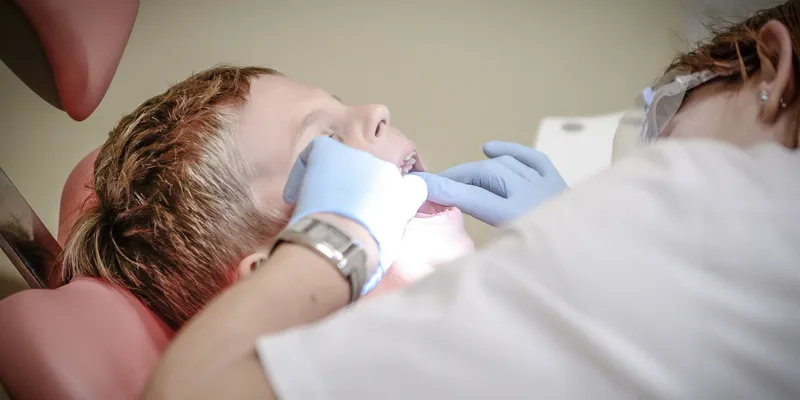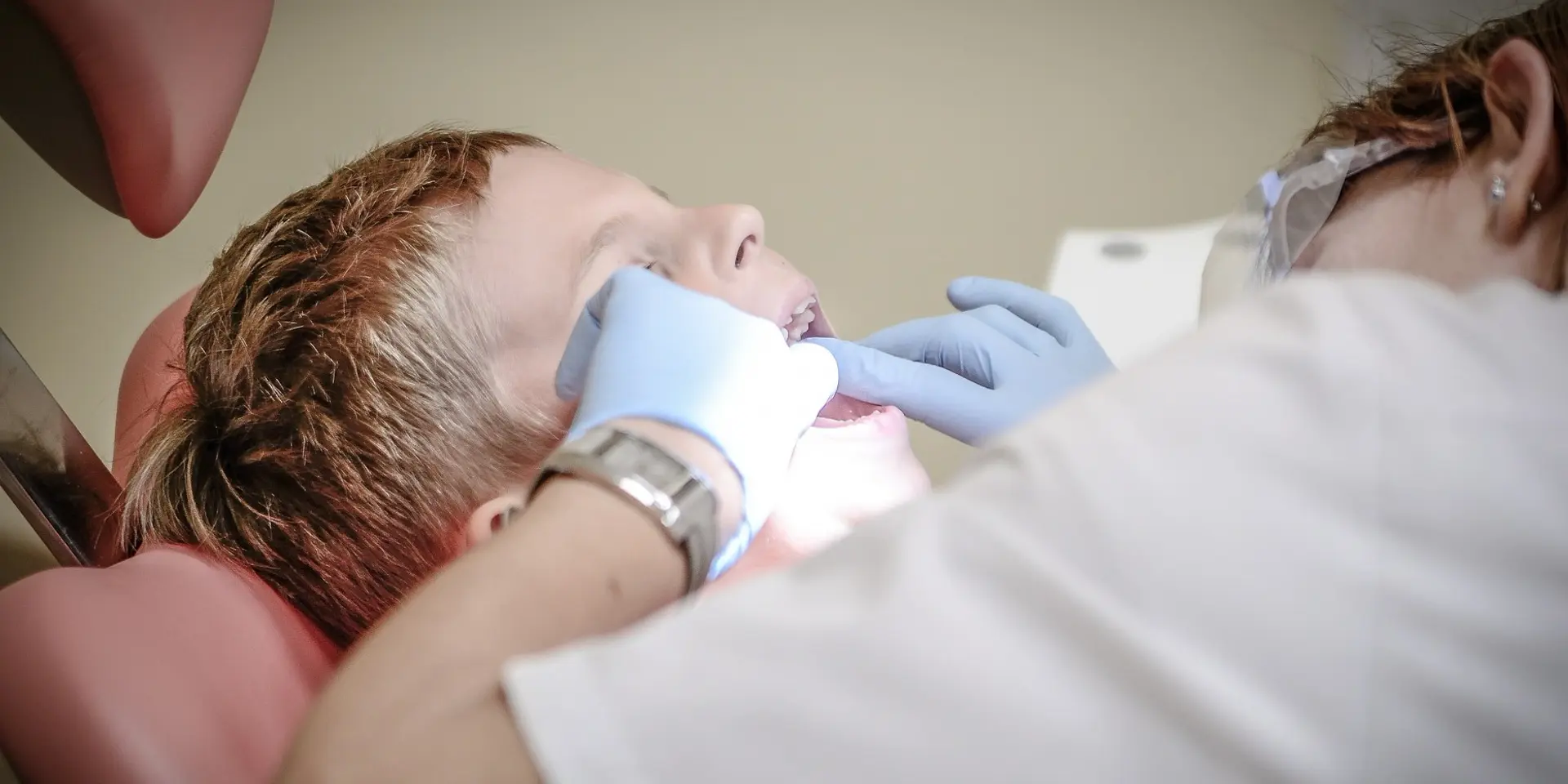

It's not sadism: the real reason your dentist wants to pull your wisdom teeth

Some people fear dentists and oral surgeons, thinking them sadistic creatures that enjoy inflicting pain on others. In truth, however, we do everything we can to eliminate pain and keep patients comfortable. If yours has recommended wisdom tooth removal, he has done so in an effort to prevent you from having potentially complicated issues in the future. Get a second opinion, if it helps, and then schedule your tooth removal promptly. If not, you run the risk of developing potentially serious dental issues.
Gum Disease
Wisdom teeth removal can stop gum disease before it starts. Wisdom teeth usually struggle to find space inside the mouth, coming in crooked or only making it partway out of the gums. This odd positioning makes it almost impossible to keep the teeth clean, so they are more likely to hold decaying food and harbor bacteria. This can result in gum disease, which causes sore and bleeding gums as well as pain. If the condition progresses far enough, bacteria finds its way into the jawbone where it eats away at the tissue, ultimately loosening teeth. As a result, you could lose your wisdom teeth and the teeth next to them.
Misalignment
If you've ever ridden on a crowded subway, you know that people tend to push each other around a bit while jockeying for position. The same happens with your teeth. If your wisdom teeth don't have adequate room, they simply shove other teeth out of their way, impacting all of your teeth as each one gives in to pressure and shifts. This causes misalignment of your teeth, creating a crooked appearance in your smile as well as potentially painful bite problems.
Cysts & Tumors
Your wisdom teeth are in the back of your mouth, close to the pivot point of your jawbone. When problematic wisdom teeth are left in place, small cysts and benign tumors sometimes form in the tissue around them. These growths can impact your jawbone and the joint where your mouth opens and closes. Fixing this problem typically requires surgery and sometimes involves the help of joint specialists who deal with TMJ (temporomandibular joint dysfunction). The process of repairing joint damage is costly, painful and best avoided whenever possible.
Toothaches
Even if you avoid the bigger problems your wisdom teeth can cause, you're still likely to experience tooth movement and shifting on a small scale. Unfortunately, it doesn't take much to make your teeth sore and cause toothaches. While a toothache is far less serious than some of the other issues mentioned here, it's still disruptive and problematic. You're likely to notice random aching and throbbing in your teeth and may experience an increase in pain while eating. You may also notice that your tooth pain brings headaches along with it. So long as no other damage has been done, removing your wisdom teeth will instantly cure you of your toothaches and make you more comfortable.
Orthodontic Care
If your teeth need straightened, expect your orthodontist to ask that you have your wisdom teeth removed before getting braces. If your wisdom teeth come in or are present while your teeth are being straightened, they may try and fight the process by crowding other teeth. They may try to push adjacent teeth exactly where your orthodontist doesn't want them, creating a tug of war between the work of the braces and the will of your wisdom teeth. In other cases, your doctor may simply need the space your wisdom teeth are occupying for other teeth.
If you've recently been told you need to have your wisdom teeth removed, don't delay the procedure for fear it will be painful. You can be sound asleep for the 15 or 20 minutes it takes to remove your teeth and will take home ample pain medications. The only things you have to lose are your unwanted teeth and the negative consequences of keeping them.





.jpg?mode=crop&crop=faces&ar=1%3A1&format=auto&w=1920&q=75)
